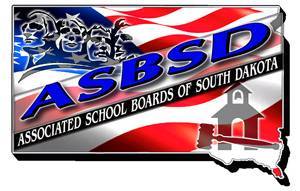The legislative interim committee studying school funding concluded its first meeting this afternoon in Pierre.
The committee, assigned to examine three main parameters of school funding’s effect, reviewed a variety of funding processes and revenue sources for schools and heard public testimony.
Property tax levies and their role in school funding proved a point of interest for the committee, most notably in the area of agriculture.
“There’s a large discrepancy in what most people define as value and what the legislature has defined as value,” Committee member Sen. Al Novstrup said.
For fiscal year 2014, the agricultural levy was set by the legislature at $2.09 per thousand dollars of valuation – a decrease of $0.23 from FY13. While the commercial levy was moved to $9.20 per thousand dollars of valuation – an increase of $0.572 and owner occupied property was moved to $4.296 per thousand dollars of valuation – an increase of $0.267.
In 2008 legislators approved a change in tax assessment of agricultural property taxes from land market value to a land productivity methodology.
S.D. Department of Revenue Director of Property and Special Taxes Michael Houdyshell noted there was more valuation in agriculture land now the before the implementation of the productivity model. Houdyshell said ag land valuations are rising while commercial and owner occupied have remained relatively flat.
The opposite is true for the tax levies, however, since FY12, the ag levy has decreased whereas commercial and owner occupied levies have increased.
State Economist Jim Terwilliger informed committee members that “a change in policy has created a tax shift” in reference to the Cutler/Gabriel provision, which establishes the proportion of local effort (property taxes) and state effort (per-student allocation) for K-12 funding.
Terwilliger said state law targets the ag property tax contribution for local effort at 18.45 percent.
“The (taxation) formula is going in the wrong direction,” Sen. Novstrup said.
The property tax topic is likely to emerge again as the committee focuses on its role in a district’s decision to seek an opt-out or utilize special tax levies, such as capital outlay.
Committee members are scheduled to discuss those issues and more on July 29-30. For updates and additional information from the study, check the ASBSD Blog.
